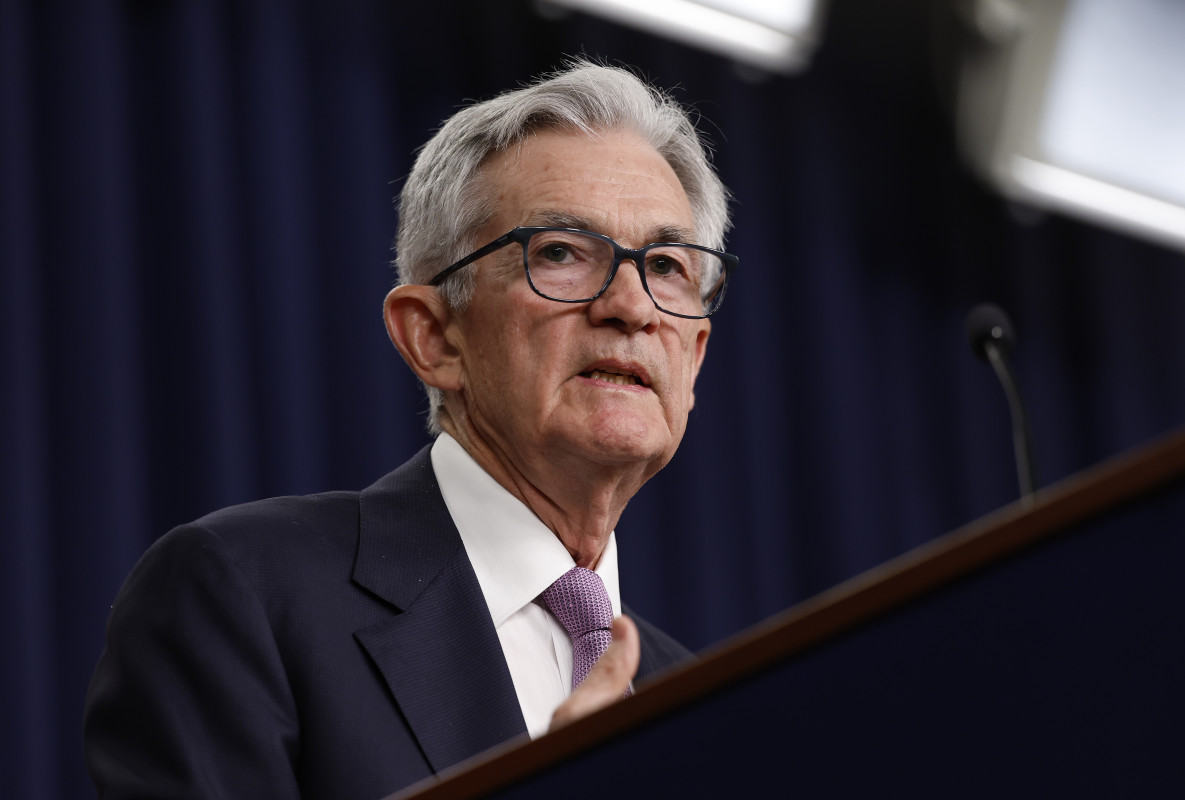
Transcript:
Conway Gittens: I’m Conway Gittens reporting from the New York Stock Exchange. Here’s what we’re watching on TheStreet today.
There’s a trading bias towards economically-sensitive stocks this Friday with signs the mighty U.S. consumer is not tapped out. The latest example is coming from Gap Inc.
The parent company of The Gap and Old Navy says the holiday shopping season is off to a strong start and it raised its outlook for the year.
Related: Interest rate cuts may be fueling renewed housing market confidence
Sticking with retail, if you’re doing your holiday shopping with a retail-branded credit card your final purchases might end up costing you more than you think. Interest rates on store-branded credit cards are at an all-time high even though the Federal Reserve started cutting its key lending rate in September. Retailers are trying to protect the hefty margins they make every time you swipe with their card.
According to Bankrate, the retailers with the highest private-label credit cards as of September were Big Lots, Burlington, and Petco. Each of those cards came with an eye-popping 35.99 percent annual percentage rate, or APR. Some retailers have lowered their rates in recent months, but credit cards from the likes of Macy’s, Nordstrom, the Gap, and TJX Maxx parent TJX still sit way above the cost of a traditional credit card.
So why the discrepancy? If you ask the companies you’ll get a lot of corporate mumbo jumbo, but the bottom line is they charge as much as they do because they can. Shoppers are a captivated audience and are easily lured with initial discounts and convenience. Signing up for a store credit card takes minutes. But if you carry a balance, what you saved in time, could ultimately cost you hundreds in interest payments.
That’ll do it for your Daily Briefing. From the New York Stock Exchange, I’m Conway Gittens with TheStreet.
Watch ICYMI This Week:







